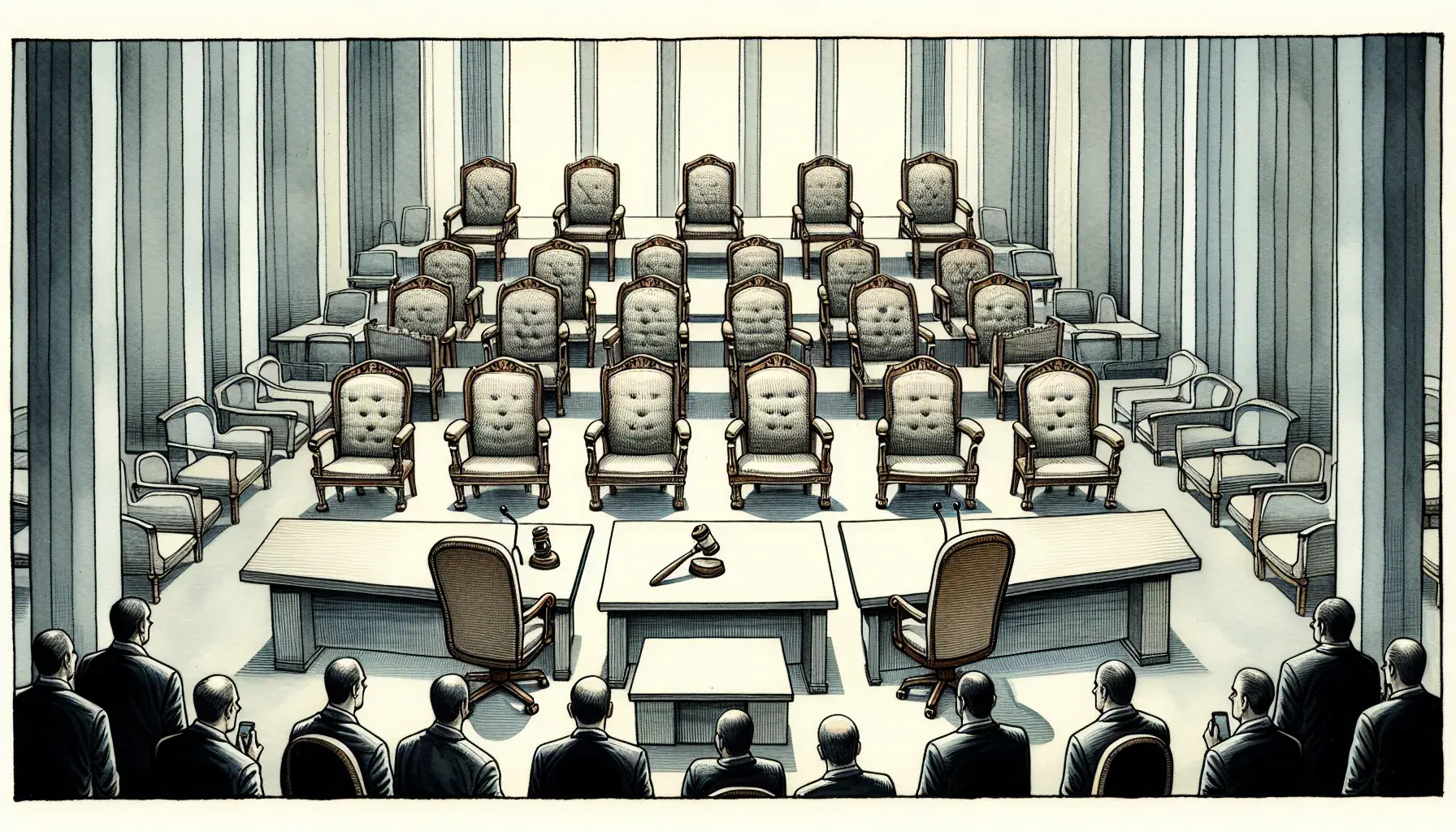Major companies largely absent as SCOTUS hears Trump tariffs
The Supreme Court will hear arguments on November 5, 2025, in a closely watched case over President Donald Trump’s emergency tariffs — and, so far, most household-name corporations have kept a low profile.

What’s happening
The justices consolidated challenges brought by small businesses and several states to test whether the International Emergency Economic Powers Act (IEEPA) allows a president to impose sweeping import tariffs. The Court put the case on an expedited track in early September and set arguments for the first week of November, according to The Washington Post and the docket summary at Cornell Law School’s Legal Information Institute.
How we got here
On May 28, 2025, the U.S. Court of International Trade ruled that IEEPA does not authorize the tariffs at issue, a major setback for the administration’s “reciprocal” and “trafficking” levies. An appeals court subsequently affirmed in a 7–4 decision in late August but stayed its ruling to allow an appeal. Earlier, on June 20, the Supreme Court declined a request to fast‑track review ahead of the normal appeals process, leaving the tariffs in place pending further litigation, as reported by Reuters and explained by The Washington Post.
Where big business stands
Unlike other high-profile Supreme Court fights that drew dozens of Fortune 100 signatories, corporate filings have been limited. One notable exception: the U.S. Chamber of Commerce filed a coalition amicus brief on October 24, 2025, urging the Court to hold that IEEPA does not permit across‑the‑board tariffs. Amicus activity has otherwise been dominated by small firms, trade associations, former officials, and lawmakers; a bicameral group of Democrats led a brief challenging the tariffs’ legality late last month, per official releases from Congress.
Why it matters
The ruling could redefine the balance of power over trade: Congress traditionally controls tariffs, while presidents wield narrower tools under specific statutes. An adverse decision for the administration could force unwinding of current tariff arrangements and raise questions about potential refunds, as noted by The Washington Post. Sector‑specific tariffs under other laws (such as Section 232 and Section 301) are not directly at issue.
What’s next
Oral arguments on November 5 will probe whether IEEPA’s text and history encompass tariff powers — and, if so, whether that delegation is constitutional. A decision is expected later in the term.
Sources
- US Supreme Court declines to speed up decision on taking up fight over Trump tariffs — Reuters (June 20, 2025)
- Supreme Court to weigh legality of Trump’s tariffs in key economic case — The Washington Post (September 9, 2025)
- Appeals court strikes down Trump’s tariffs as illegal but leaves them in place — The Washington Post (August 29, 2025)
- Trump v. V.O.S. Selections, Inc. — U.S. Chamber of Commerce (October 24, 2025)
- Big business sits out the Supreme Court fight over Donald Trump’s tariffs — CNN (November 3, 2025)
You May Also Like
These Related Stories

Major companies sit out Supreme Court fight over Trump tariffs

Big business sits out Supreme Court fight over Trump tariffs

No Comments Yet
Let us know what you think